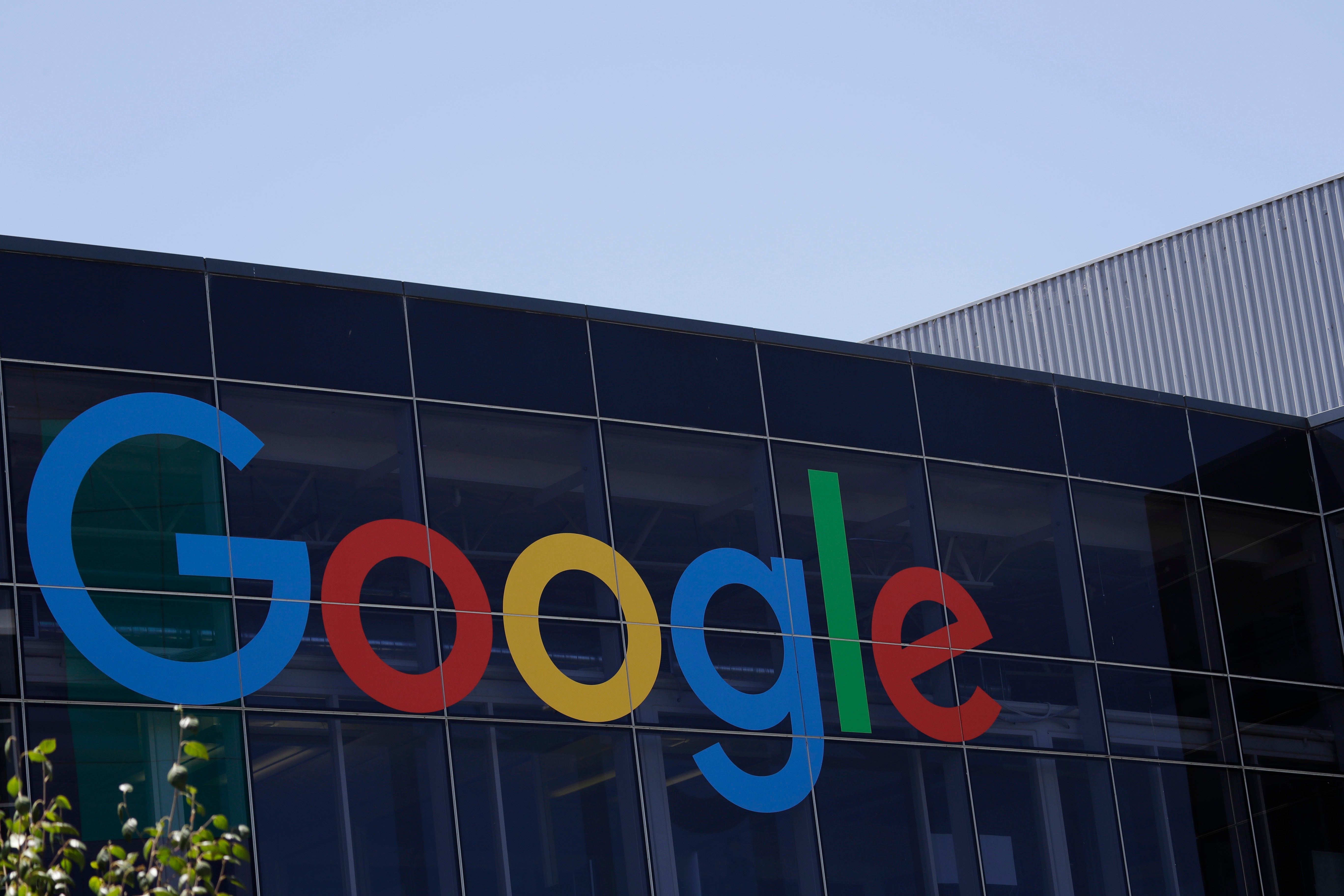Panel of judges says a First Amendment challenge to Maryland's digital ad tax should be considered
A federal appeals court has directed a lower federal court to consider the merits of a challenge to Maryland’s first-in-the-nation digital advertising tax on First Amendment grounds

Your support helps us to tell the story
From reproductive rights to climate change to Big Tech, The Independent is on the ground when the story is developing. Whether it's investigating the financials of Elon Musk's pro-Trump PAC or producing our latest documentary, 'The A Word', which shines a light on the American women fighting for reproductive rights, we know how important it is to parse out the facts from the messaging.
At such a critical moment in US history, we need reporters on the ground. Your donation allows us to keep sending journalists to speak to both sides of the story.
The Independent is trusted by Americans across the entire political spectrum. And unlike many other quality news outlets, we choose not to lock Americans out of our reporting and analysis with paywalls. We believe quality journalism should be available to everyone, paid for by those who can afford it.
Your support makes all the difference.A federal appeals court directed a lower federal court on Wednesday to consider the merits of a challenge to Maryland’s first-in-the-nation digital advertising tax on First Amendment grounds, while agreeing that three other challenges should be dismissed.
It’s a law that attorneys for Big Tech have contended unfairly targets companies like Facebook, Google and Amazon. The legal case is being closely watched by other states that have also weighed a similar tax for online ads.
The three-judge panel of the 4th U.S. Circuit Court of Appeals disagreed with a lower federal court's decision to dismiss the challenge on First Amendment grounds argued by the U.S. Chamber of Commerce, as well as three other trade associations.
The Maryland law, which taxes companies like Facebook and Google for money they make from digital ads on the internet, prohibits the companies from passing along costs to customers who buy ads. But plaintiffs contended that passing along the costs violated the First Amendment.
“The district court in the first instance should decide whether the pass-through provision restrains speech and, if so, whether it passes constitutional muster,” the appeals court said in its decision.
The appeals court agreed with the lower court's decision to dismiss three other challenges that were brought under the Internet Tax Freedom Act, the Commerce Clause and the Due Process Clause.
The federal district court in Maryland dismissed those three counts as prohibited by the Tax Injunction Act, which prevents federal courts from enjoining the collection of state taxes when state law provides an adequate remedy. The three-judge panel vacated the lower federal court’s judgement to dismiss the three challenges with prejudice, instructing the court to dismiss without prejudice. That's significant because it means those challenges could be raised in another legal venue.
The court had dismissed the First Amendment challenge on mootness grounds, after a state trial court declared the tax unconstitutional in a separate proceeding. However, the Maryland Supreme Court later vacated that judgement.
Maryland Attorney General Anthony Brown said in a statement Wednesday that he will continue "to defend this transformative legislation and still believe in the validity of this law.”
“The purpose of the digital ad tax is to provide critical funding to improve Maryland’s public education system and prepare our students to compete in the global marketplace,” Brown said.
Maryland lawmakers overrode then-Gov. Larry Hogan’s veto of the digital ad tax measure to pass the legislation in 2021. The state estimated the tax could raise about $250 million a year to help pay for a sweeping K-12 education measure.
The law taxes revenue that the affected companies make on digital advertisements shown in Maryland.
Attorneys for Big Tech companies have contended that the law unfairly targets them. It would impose a tax based on global annual gross revenues for companies that make more than $100 million globally. Supporters have described it as a necessary step to overhaul the state’s tax methods in response to significant changes in how businesses advertise.